To improve competitiveness, Volkswagen, Nissan and Toyota are looking to learn from Chinese companies' experience in developing electric vehicles.
Once a dominant force in the gasoline-powered car market, Volkswagen is losing market share in China as consumers shift to electric vehicles. Now, to compete with local manufacturers, the German automaker’s engineers are looking to China for know-how to speed up the production of electric vehicles.
Similarly, Nissan Motor is trying to make cars faster by applying tips learned from a Chinese joint venture. Or Toyota Motor is recruiting engineers from its Chinese partner to develop electric and smart cars.
In China, domestic companies account for about three-quarters of sales of electric and hybrid vehicles. According to the WSJ , global automakers coming here to learn how to make electric vehicles is not only important for their future in this market but also useful for their home market. In turn, this approach also helps global automakers gain access to Chinese manufacturing methods, supply chains, and digital technologies.
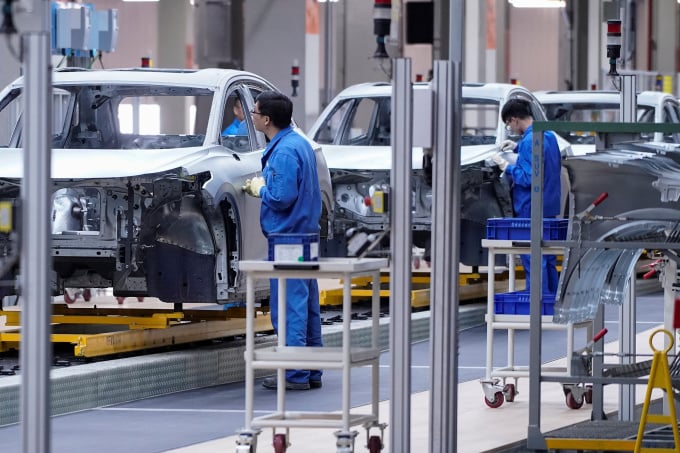
Workers work at the SAIC Volkswagen MEB electric vehicle plant in Shanghai on November 8, 2019. Photo: Reuters
Ralf Brandstätter, Volkswagen China sales director, said the company used to produce cars in Europe and export them to China with some adjustments. However, this approach is no longer effective because the customer requirements there are increasingly different in terms of electrification and digitalization.
“We need to be more agile and focused,” he said last week at Volkswagen’s electric vehicle development, production and procurement center in Hefei, west of Shanghai. He said the company would develop models locally for the Chinese market, while also working more closely with local partners.
According to Brandstätter, these changes will help Volkswagen achieve its goal of becoming one of the top three automakers in China by 2030. Having led sales in this market for decades, Volkswagen is being closely followed by electric and hybrid car giant BYD.
The German automaker’s lead began to falter a few years ago as it struggled to develop electric vehicles. Brandstätter said Volkswagen took nearly four years to create a new product, while Chinese companies needed just over two and a half years.
So they aim to cut the vehicle development process to about two and a half years. That will be achieved through a series of actions, some inspired by China's approach.
One is to source more Chinese components locally, which is faster than relying on German components. From display and information systems to batteries and headlights, buying these items from Chinese suppliers cuts product development time by about 30% and costs by 20% to 40%.
Volkswagen executives say Chinese suppliers have improved significantly in quality, reliability and technology over the past four years. They have partnered with leading domestic automakers and are a key part of China’s electric and smart car ecosystem. According to executives and industry experts, Chinese suppliers are ahead of the rest of the world.
Volkswagen is also investing billions of dollars in local companies to get its hands on China’s cutting-edge technology. The portfolio includes electric vehicle startup XPeng, battery maker Gotion High-Tech, self-driving car chip and software company Horizon Robotics, and smart cockpit operating system maker ThunderSoft.
In Hefei, Volkswagen’s team has changed its management structure, giving it the authority to approve local components to save time. They are developing a new entry-level electric vehicle for China, scheduled to launch in 2026. By 2030, the automaker plans to offer 30 electric models there.
Nissan is also trying to accelerate the development of electric vehicles to revive sagging sales. The company has learned a few lessons from Venucia, a local brand that it has formed in a joint venture with Dongfeng Motor. One of them is how to shorten the testing time of vehicles.
Traditionally, Nissan has waited months for molds to be perfected before using them to build test vehicles. Now in China, the Japanese automaker is using prototype molds instead.
To ensure quality, Nissan also plans to use more digital technologies, such as 3D printers or virtual testing, to supplement it. By 2026, Nissan plans to launch four pure electric and hybrid models developed at its Chinese R&D center and six models branded by the joint venture.
A Nissan spokesman said the company acknowledged its joint venture in China has built strong capabilities and all tests meet Nissan's global standards.
Meanwhile, Toyota has shifted the focus of its China R&D center to electric and smart cars, and recruited more engineers from local joint ventures for the projects. Like Volkswagen, Toyota will seek local suppliers, while modifying component designs and upgrading manufacturing technology to cut costs for smart electric vehicles.
Bill Russo, CEO of Shanghai-based strategy consultancy Automobilety, said many foreign brands fell behind in product cycles in China because they did not prepare early enough for the electric vehicle trend that began in 2020.
The WSJ also notes that some global automakers have begun to pull back or adjust their course. Mitsubishi Motors and Stellantis, the maker of Jeep, have stopped manufacturing in China. Ford has ended direct sales of electric vehicles. It will take global automakers years to catch up with local rivals, says Bill Russo. For now, many companies may have to rely on cost cutting and price cuts to boost sales.
Phien An ( according to WSJ )
Source link








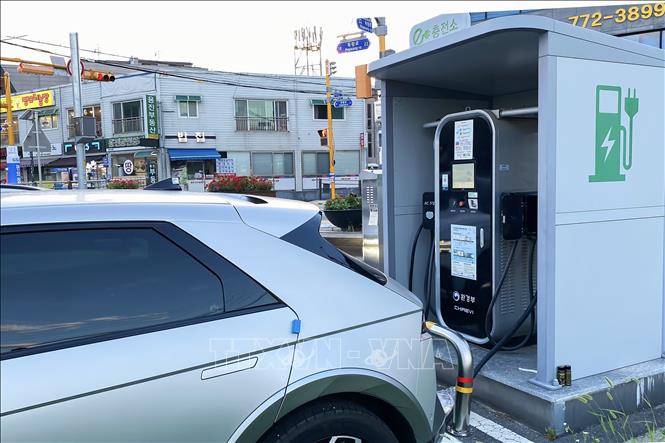

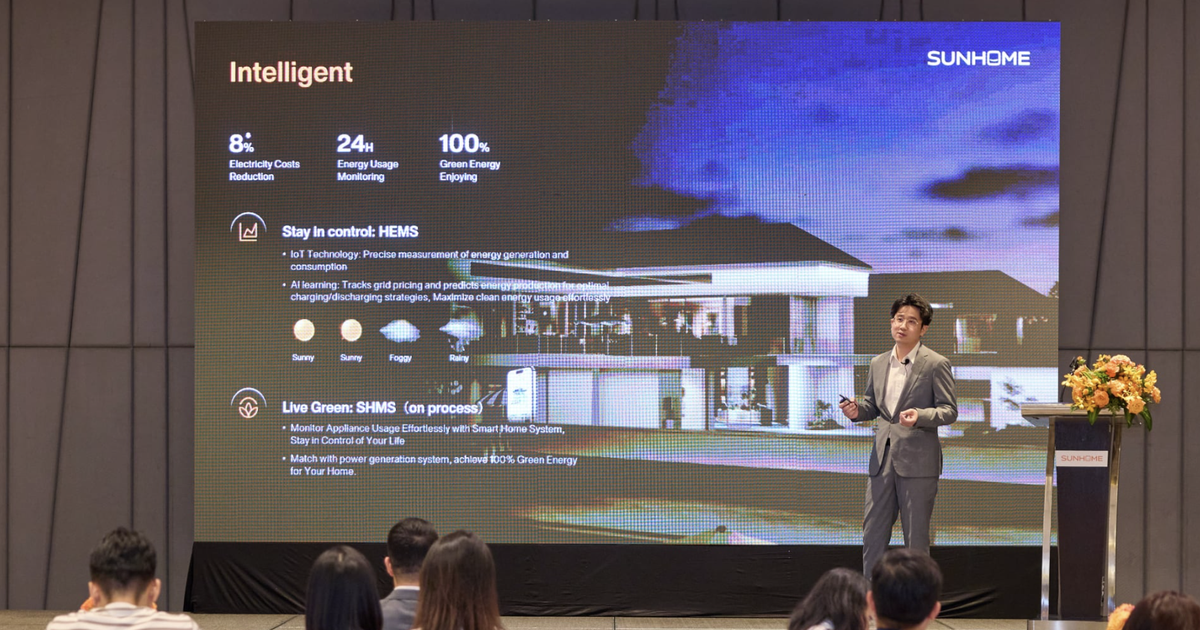

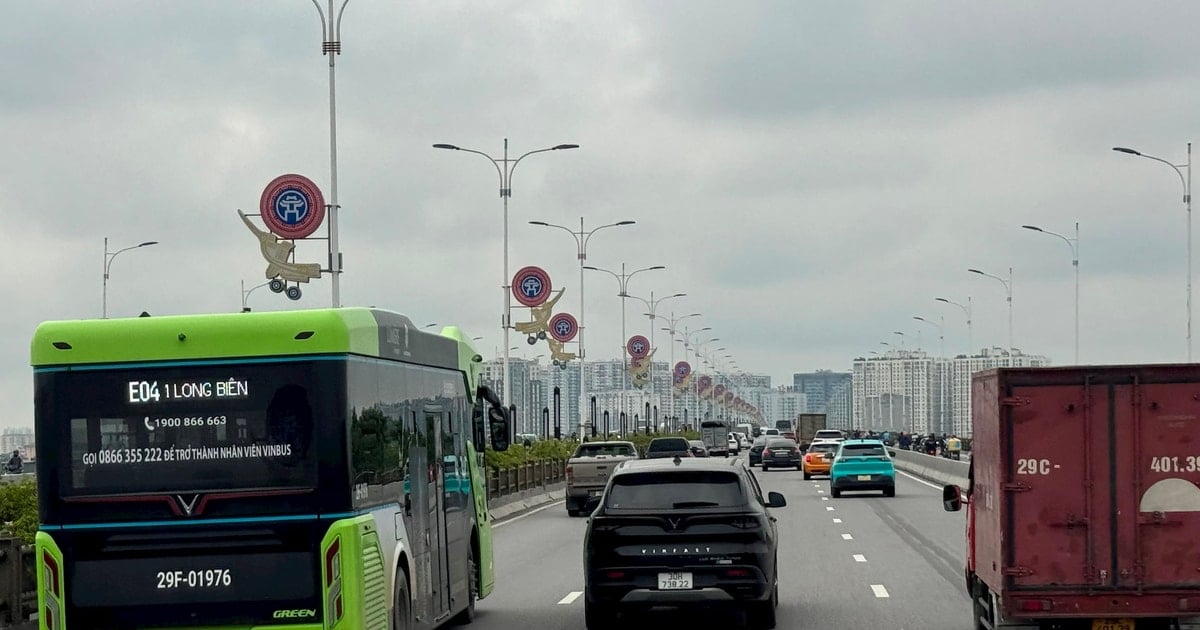




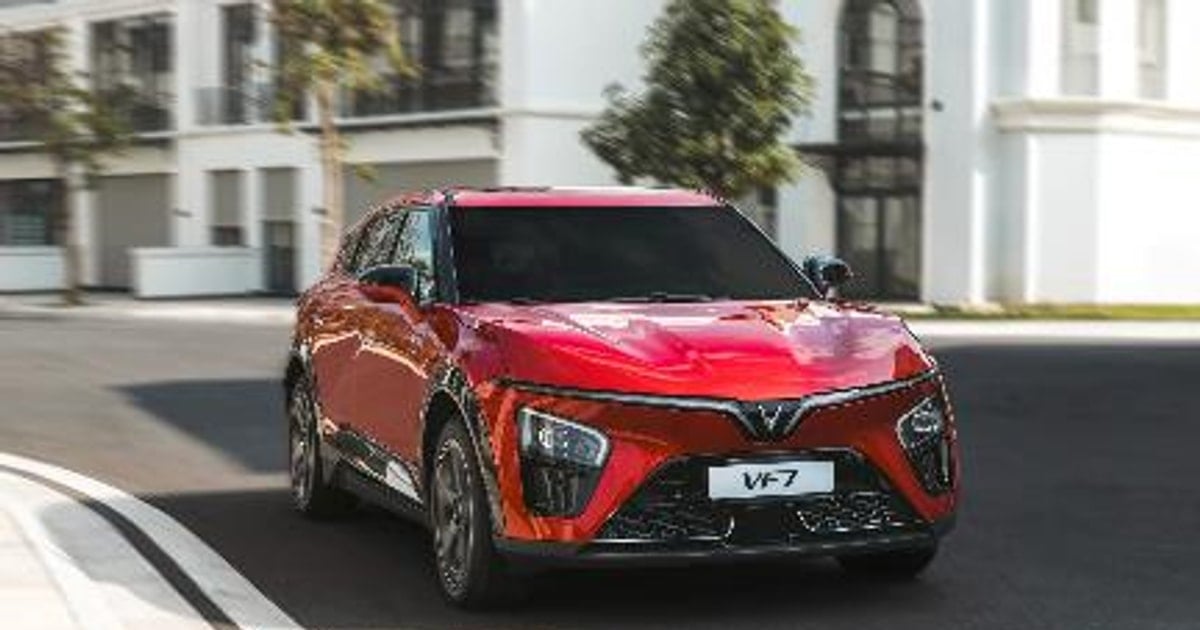
















![[Photo] "Beauties" participate in the parade rehearsal at Bien Hoa airport](https://vstatic.vietnam.vn/vietnam/resource/IMAGE/2025/4/11/155502af3384431e918de0e2e585d13a)













































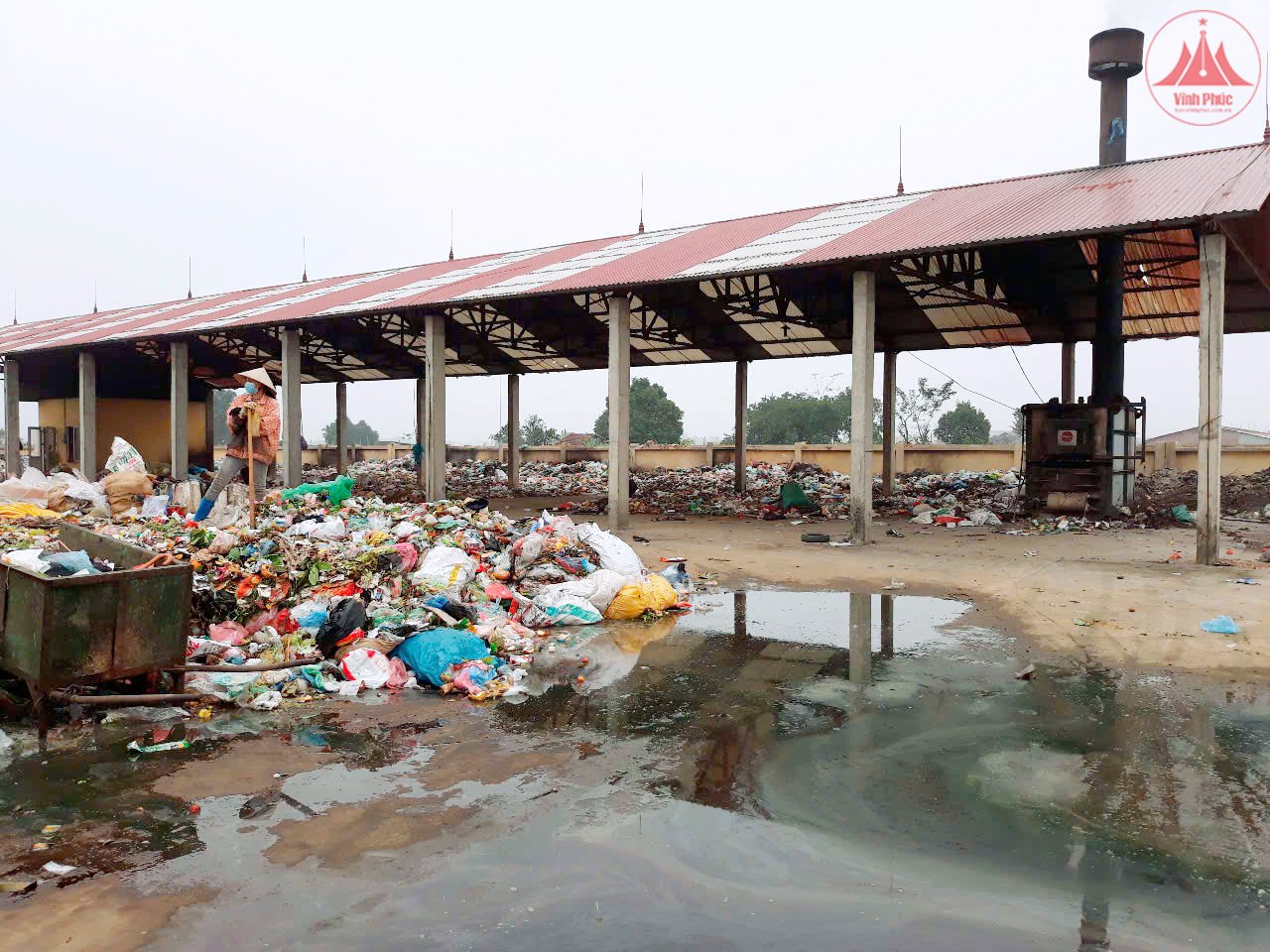
















Comment (0)